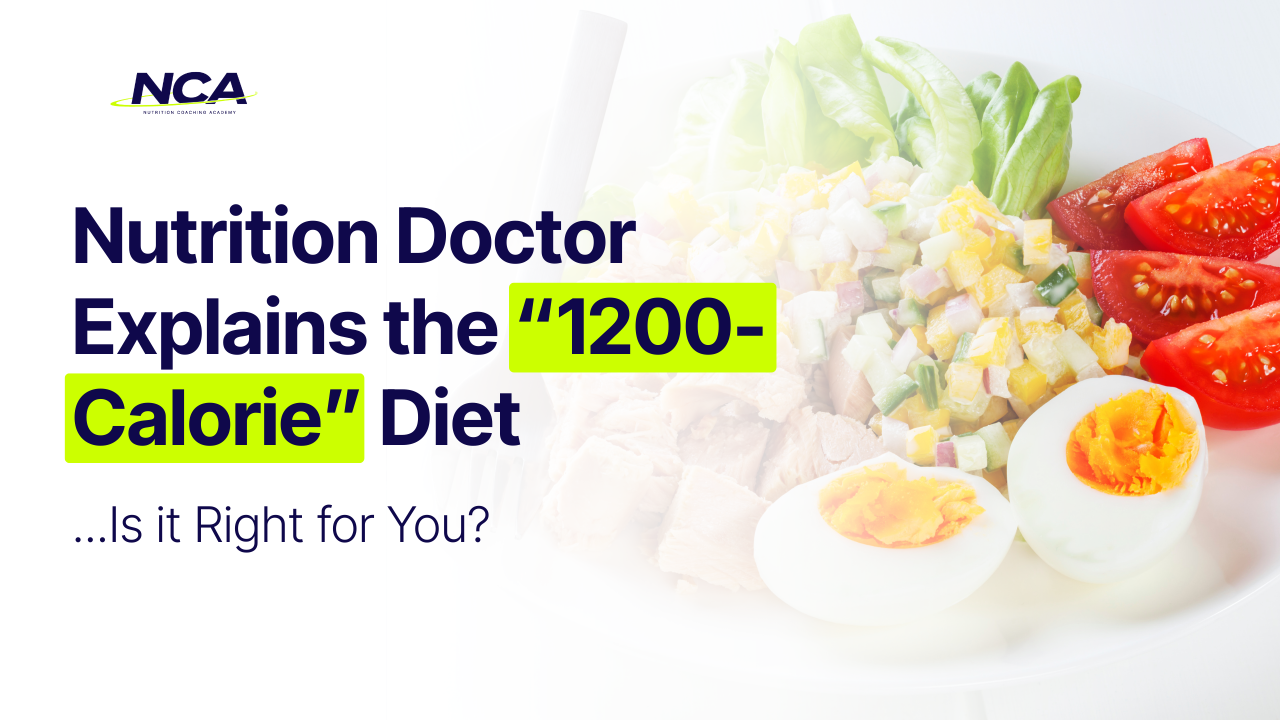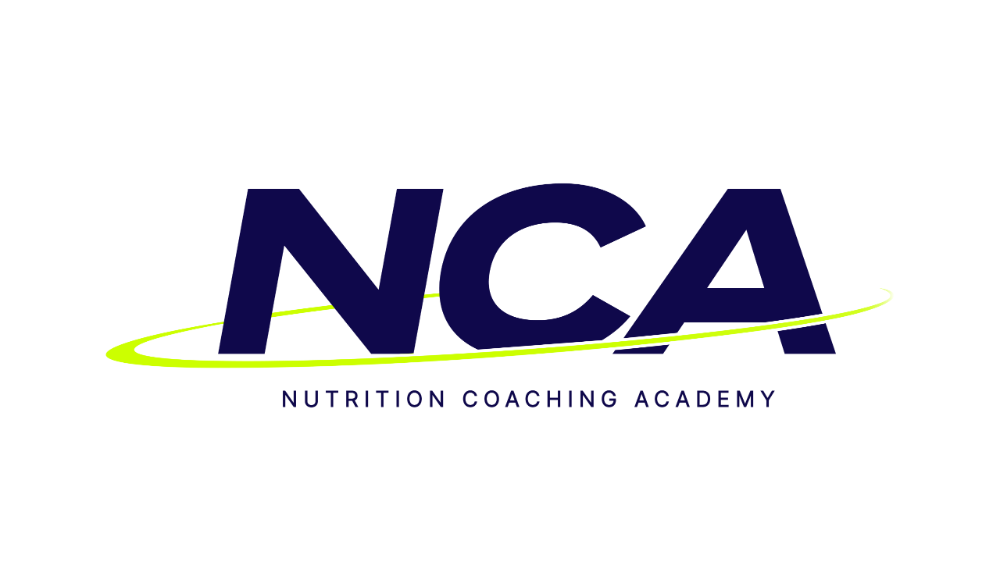Nutrition Doctor Explains the “1200 Calorie” Diet
Aug 19, 2025
If you’ve been wanting to lose weight, you’ve probably come across people pushing a 1200-calorie diet, especially online.
At first, it might seem logical: the less you eat, the faster you’ll lose weight, right?
But then you keep scrolling and see people saying a 1200-calorie diet is unsustainable, unrealistic, and basically the diet of a toddler.
So what’s the truth?
Today, I’ll break down how 1200-calorie diets work, why this “magic number” is so popular, when it might actually make sense, and what the best long-term alternative is if you want to lose fat without feeling deprived.
When Does a 1200-Calorie Diet Make Sense?

Yes, there are situations where a 1200-calorie diet is necessary.
Here’s where it might apply:
- Very petite individuals (especially women)
- Competitive physique athletes
- Toward the end of a cut, they may need to eat extremely low calories to prepare for a show. They’re pushing levels of body fat that aren’t sustainable, which is the point of competition prep. However, once their show is over, they increase their food levels.
- Extremely sedentary people
But these are specific cases. The person on TikTok telling you to eat 1200 calories without knowing anything about you or your goals is almost certainly not giving you advice that fits your needs.
Even for those who truly need it, this approach isn’t meant to be forever. These diets are usually short-term, high in protein, carefully structured, and monitored by a coach. The goal is to achieve a specific outcome, then move out of that deficit once the goal is reached.
A better way to ask the question isn’t “Is 1200 calories right for me?” but “What’s the most I can eat while still reaching my goals?” Usually, that means starting from your current intake and making small adjustments, rather than defaulting to 1200.
And about the toddler comparison: the common narrative is that toddlers need 1200 calories, but in reality, toddlers often require more to grow, learn, and develop. It doesn’t make sense for a full-grown adult to eat less than a child.
That said, the comparison isn’t perfect. Adults have more stored energy, so eating 1200 calories won’t affect them in the same way it would a toddler. Still, the point stands: for most adults, 1200 calories isn't an ideal diet. It doesn’t make the diet “bad,” but it’s not required for everyone.
Why a 1200-Calorie Diet Backfires

One major issue with a 1200-calorie diet is that it’s hard to sustain. Many people also don’t actually stick to 1200 calories consistently.
You might be thinking:
“Well, if I’m disciplined, that won’t be an issue.”
But your body is smarter than that.
Here’s why:
- Metabolic adaptation. When you eat fewer calories than you burn, your body senses the drop in energy and makes adjustments. Over time, this lowers your basal metabolic rate (BMR), or the calories you burn at rest. Your metabolism doesn’t “crash,” but it can drop by 10–15% while losing weight.
- Reduced NEAT. Non-exercise activity thermogenesis (NEAT) includes the small movements you do throughout the day, like fidgeting and pacing. When energy is low, your body cuts back on this without you realizing it. You feel more tired, move less, and your workouts suffer because you don’t have the energy to push as hard.
- Increased hunger. Eating too little increases your hunger hormones. At 1200 calories, your food options are very limited, mostly lean protein and vegetables. That might be manageable for a while, but cravings and social eating quickly make it difficult to sustain. This often leads to the classic cycle of restriction followed by overeating.
And here’s another thing: let’s say you do stick to 1200 calories but don’t lose weight. Rarely, this might mean 1200 calories is truly your requirement. More often, though, it means you’re underreporting. Research shows people underestimate their intake by 20–30%. So someone claiming they only lose weight on 1200 calories is probably eating closer to 1400–1500 without realizing it.
The bottom line: most people don’t need to drop to 1200 calories to lose weight. You can see results with higher intake, which makes the process more sustainable and less likely to backfire. A good fat-loss diet is one you can stick to. It might take longer, but it’s far more effective long-term.
Want to Learn More?
Watch the full video to learn about the 1200-calorie diet!
How to Find the Best Deficit for You
There are two main ways to figure out your calorie deficit:
- Theoretical calculation
- Use your age, gender, weight, and height to estimate your BMR.
- Add your activity level to estimate daily calorie burn.
- Subtract 10–20% to put yourself in a deficit.
- Practical tracking (my preferred method)
- Track your current nutrition for 3–5 days, including a weekend day.
- Don’t change anything, just record what you eat.
- Calculate your average daily intake, then track your weight under consistent conditions during that same period.
- If your weight is stable, you’re near maintenance. If you’re losing, you’re already in a slight deficit.
This approach gives you a more realistic starting point because it reflects your actual habits, not just a formula.
Final Thoughts
The key takeaway is this: your best calorie target is based on your body, habits, and activity, not what someone on social media says it should be.
For most people, 1200 calories isn’t necessary. You don’t have to suffer to get results, and if you do, those results probably won’t last. The best approach is one that’s close to how you already eat, feels manageable, and fits into your life long-term.


